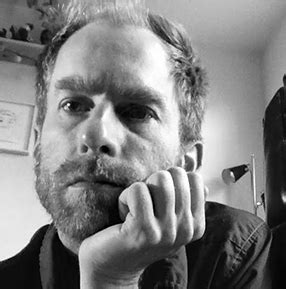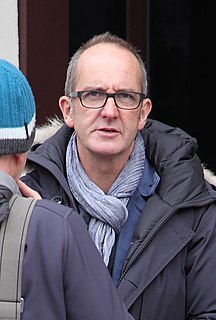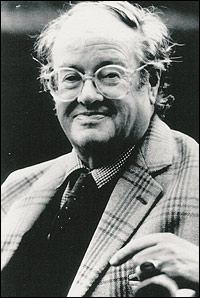A Quote by Gayle Forman
As an author, I really hate a reader like me. There's no loyalty.
Related Quotes
We must be forewarned that only rarely does a text easily lend itself to the reader's curiosity... the reading of a text is a transaction between the reader and the text, which mediates the encounter between the reader and writer. It is a composition between the reader and the writer in which the reader "rewrites" the text making a determined effort not to betray the author's spirit.
If you're reading a book that I've written in the first person, without named characters, you will periodically perhaps as a reader remind yourself: Well, this is or isn't the author. This is a character.I think the second person turns that dynamic onto you, or situates it within you: This isn't really me, but what aspect of the character is really me? That creates a loop of seduction.
Jump way back to one time, Evie and me did this fashion shoot in a junk yard, in a slaughterhouse, in a mortuary. We'd go anywhere to look good by comparison, and what I realize is mostly what I hate about Evie is the fact that she's so vain and stupid and needy. But what I hate most is how she's just like me. What I really hate is me so I hate pretty much everybody.
If loyalty is, and always has been, perceived as obsolete, why do we continue to praise it? Because loyalty is essential to the most basic things that make life livable. Without loyalty there can be no love. Without loyalty there can be no family. Without loyalty there can be no friendship. Without loyalty there can be no commitment to community or country. And without those things, there can be no society.



































